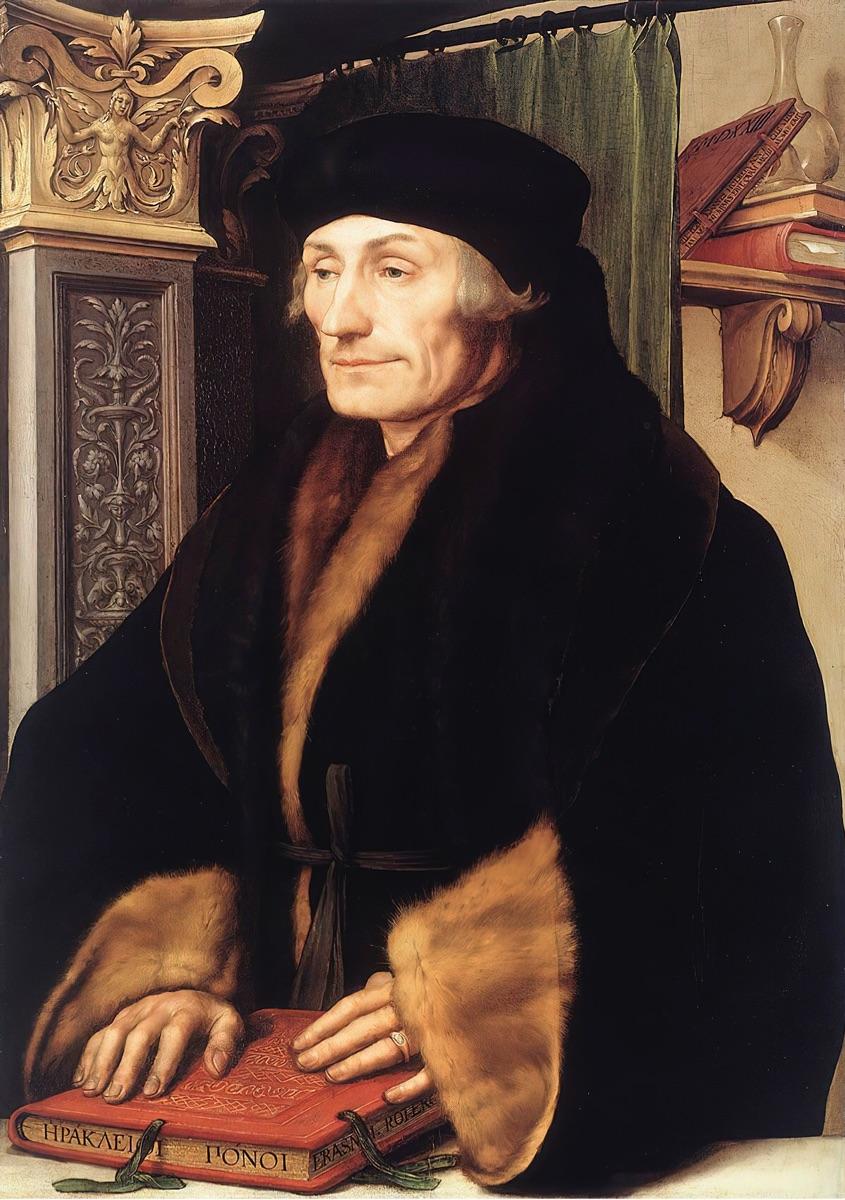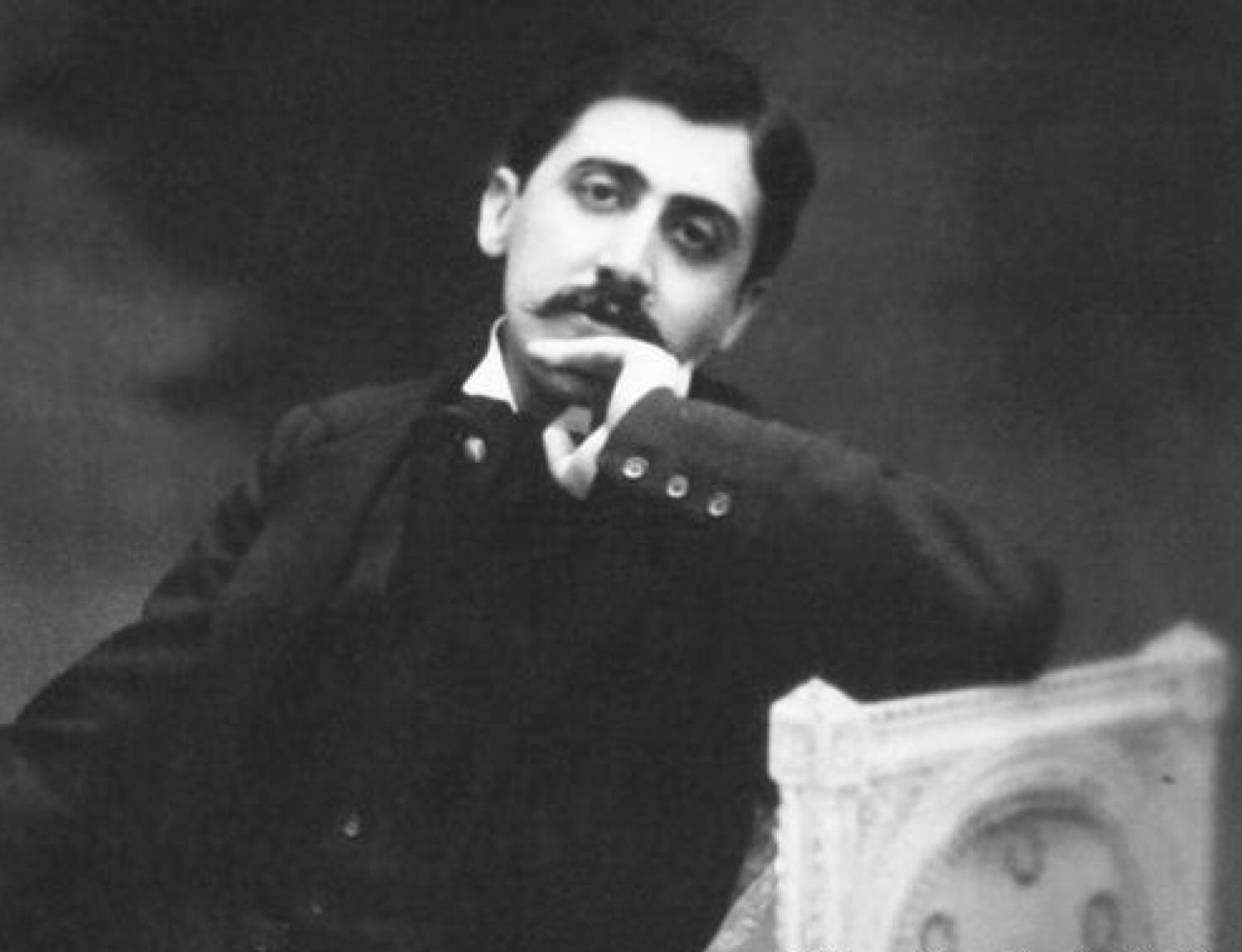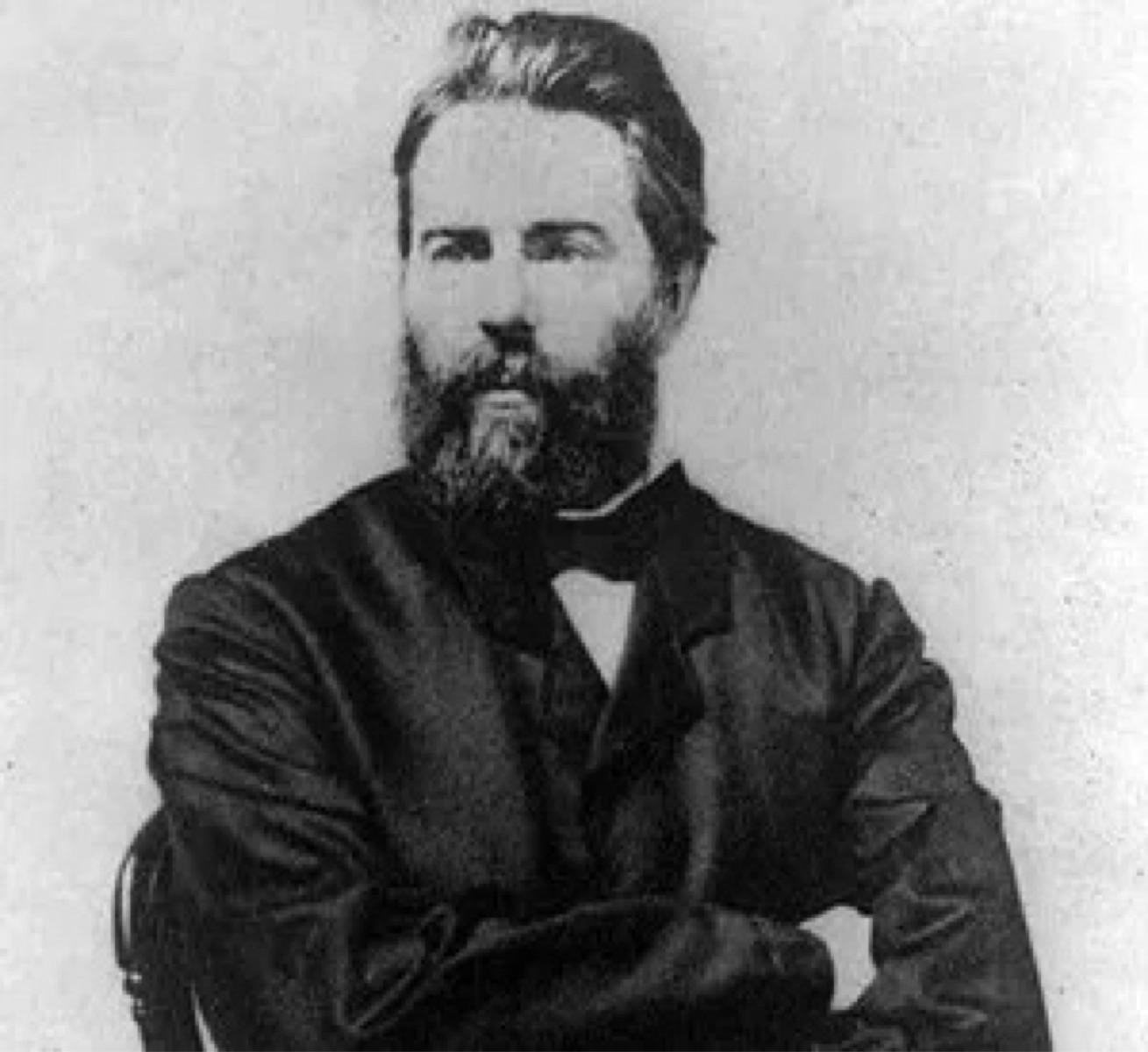In Praise Of Habits – So Much More Than Mindless Reflexes
Curated from: psyche.co
Ideas, facts & insights covering these topics:
28 ideas
·4.6K reads
17
Explore the World's Best Ideas
Join today and uncover 100+ curated journeys from 50+ topics. Unlock access to our mobile app with extensive features.
Habits: Everyday Coping Practices?
Habit is the foundation of the routines that comprise the vast bulk of our everyday lives. When we are not disturbed, we live our practical lives without engaging in anything like a cautious assessment of what it is we are doing at any given moment. No conscious deliberation or reflection is required to brew morning coffee, or to catch the morning train to work. As the late philosopher Hubert Dreyfus said, habits are a part of our “everyday coping practices”.
88
706 reads
… Or Mindless Reflexes?
In tune with this characterisation, philosophers of mind and cognitive scientists alike often conceive of habits as highly mechanistic and near-automatic responses to environmental cues that unfold outside of our deliberative control. This conception of habits as mindless and reflexive might seem intuitive when we recognise that they are often counterproductive to our capacity to pursue our goals and desires. For example, many of us may have recently found ourselves habitually reaching over to shake hands with people even though we know we should refrain from doing so in light of the pandemic.
83
403 reads
The Intelligent Dimension Of Habits
However, even our most mundane habitual routines actually display a great deal of intelligence. Indeed, they are often intelligently context-sensitive and flexible in such a way as can support and structure our goals and projects.
85
435 reads
Habits: An Intelligent Autopilot
Consider the example of driving the same route to work every morning. You might often find yourself wrapped up in thoughts about how your day will unfold, or how you might explain to your boss why you failed to complete some task, and yet you still easily navigate the roads that lead you to your destination.
However, despite completing this task on something like autopilot, your drive will still be intelligently adjusted to situational intricacies, such as how fast or slow the driver in front of you is going, or when the traffic lights change.
86
294 reads
The Puzzle In Defining Habits
In attempting to account for the intelligent dimension of habit, researchers have moved away from construing habits as unintelligent mechanisms and towards modelling them as a species of belief.
The puzzle we face in clarifying the character of habits is to explain their intelligent dimension while also acknowledging that they can often work against our intelligence and lead us astray.
84
279 reads
Who And What Is Intelligent?
Great thinkers since before Aristotle have overwhelmingly tended to characterise humans as rational animals in virtue of our capacity to form and intelligently adjust our beliefs. On this view, constructing good habits is vital – but, once a habitual routine is established, it is not itself intelligent.
However, if we are serious about attributing intelligence to our embodied interactions with the world, then our notion of how to construe human rationality will need to be revised, and profound questions will need to be raised as to our conceptions of nonhuman animal intelligence.
85
209 reads
A Habit Is A Replication
Gilbert Ryle, in his seminal work The Concept of Mind (1949), emphatically denied that habits were intelligent. For him, habits are mere mindless mechanisms. Indeed, he explicitly contrasts habitual doings with intelligent and skilful behaviours, claiming that it “is of the essence of merely habitual practices that one performance is a replica of its predecessors”. A habit is simply an unintelligent and stupefied way of reacting to the world.
83
205 reads
A Habit Is A Robotization
In On Habit (2014), Clare Carlisle notes that this sort of characterisation of habit – as unintelligent and “a degradation of life, reducing spontaneity and vitality to mechanical routine” – has been held by many influential philosophers of the mind throughout history, including Baruch Spinoza, Immanuel Kant and Henri Bergson. Even today, the researchers Susana Ramírez-Vizcaya and Tom Froese identify a prevalent notion of habit across several domains of the contemporary cognitive sciences that conceives of them as “rigid patterns of behaviour that are automatically activated by context cues”.
81
151 reads
The Problem With The Mechanistic Conception
One inclined to agree with this mechanistic conception of habit as inherently unintelligent might argue that the puzzle referred above is simply ill-posed. On this analysis, any attempt to construe habits as intelligence-involving straightforwardly confuses habit and skill. An implication would be that our above purported examples of intelligent habits (such as the habit of driving the same route to the office every morning, which allows us to effectively reach our workplace, even when we are lost in irrelevant thoughts), insofar as they are intelligent, are not habits – they’re skills.
82
118 reads
Skills Aren’t Habits. But Skills Often Consist Of Habits.
The mechanistic view of habits is misguided. Habits are not, despite what Ryle says, simply stupefied and rigid reactions to environmental triggers, or ‘single-track dispositions’ to respond to the world with highly stereotyped reflexes. To see this, we need only note that forging any clear-cut distinction between habit and skill is not even remotely intuitive or feasible. On one hand, many of our skills consist of habits. Skill acquisition in sports, for example, is often nothing but the process of cultivating a new motor habit through repetitive practice.
82
129 reads
Habits Aren’t Skills. But Habits Often Comprise Skills.
On the other hand, habits often comprise skills. Consider the habit of whistling when you are bored. This is a considerably skilful act, which can in some cases constitute genuine musical expertise. For just these reasons, introducing a clear-cut distinction between skill and habit, such that habitual doings cannot, by definition, be skilled or intelligent, is wrongheaded.
82
119 reads
The Mechanistic Conception Vs The Intellectualist Conception
In opposition to the mechanistic conception of habits, some, such as the philosopher Jason Stanley, advocate for an intellectualist conception, on which habits are intelligent because they are really a kind of ‘settled belief’ about ways of achieving certain goals.
82
124 reads
“The Best Way To Work”
An example: in my initial weeks at a new workplace, I will have developed a belief about how I could successfully get to the office. Through my daily commute, this belief gradually becomes entirely automatic and unconscious. At this stage, I do not need to consciously consider what route I should take to the office but am instead guided by an unconscious belief about how to successfully get there.
81
108 reads
“The Only Way To Work”
As this unconscious belief becomes entrenched, it might also become recalcitrant to counterevidence. I might, for instance, accidentally take this route to the office even after I am informed and sincerely convinced that there is a more efficient route. According to intellectualists, a habit is nothing but a deeply entrenched belief of this form. Holding this view, we could preserve the traditional view of human rationality as dependent on belief.
82
100 reads
The Problem With The Intellectualist Conception
This intellectualist view of habits as a form of belief, however, also has serious problems in accounting for their intelligent aspect. Habits are, as our above examples show, often exquisitely context-sensitive. But if Stanley takes habitual doings to be intelligent only in virtue of being guided by unconscious beliefs, then he relies on the idea that the intelligent flexibility of habits depends on the flexibility and rapid updating of unconscious beliefs. Emphasising this flexibility conflicts with his claim that habits themselves are guided by stubborn and recalcitrant unconscious beliefs.
80
92 reads
The Need For An Alternative Conception
It is also unclear how unconscious neural processes can even involve beliefs (philosophers have tried in vain for decades to provide a satisfactory account of how they might). As such, if an alternative notion of habits can successfully explain their context-sensitivity without requiring a commitment to positing hidden, unconscious beliefs, then such an account would be more theoretically attractive.
80
80 reads
The Root Problem Of Both Conceptions
Both mechanical and intellectual conceptions of habit encounter significant difficulties in explaining how habits sustain intelligent behaviour. These conceptions have a common root problem, which is a failure to appreciate the pivotal role of perception that philosophers working in the phenomenological and pragmatist traditions have recognised. When we follow them in recognising the crucial role of perception in guiding our habitual doings, we can explain the intelligent aspect of habits while obviating any need to identify them as beliefs.
80
67 reads
We Are Habit Experts
For Dreyfus, we are no less experts at our everyday habitual routines than Serena Williams is an expert at tennis (albeit what we accomplish might be substantially less impressive). The consequence of this, for him, is that our everyday habits will be guided by expert-level perception and intuition. For instance, many of us have now cultivated social distancing practices. By that measure, as we incorporate these practices into our everyday lives, we are able to proficiently maintain an appropriate distance automatically.
80
66 reads
(As) Experts, (We) Suffer From Narrow Expertise
Dreyfus is correct to highlight the important role of perceptual skill in guiding our habitual doings, but his account should be revised in one crucial respect. For him, as we become experts at completing some everyday routine, the world increasingly draws us to act in one optimal, appropriate way. In other words, we will, as our everyday routines become engrained, come to perceive nothing other than the possibility of pursuing a singular optimal course of action for each situation. This renders Dreyfus’s view of habits too close to the mechanistic conception of habit that we rejected above.
80
59 reads
Habits Are Extra Sense Organs
The pragmatist philosopher John Dewey is instructive here. Dewey, like Dreyfus, construes habits as facilitating intelligent behaviour by shaping perception. However, he denies that, as we become experts at carrying out everyday routines, our habitual responses always become entirely automatic response patterns. Instead, for Dewey, the “more numerous our habits the wider the field of possible observation and foretelling. The more flexible they are, the more refined is perception in its discrimination and the more delicate the presentation evoked by imagination…”
80
57 reads
Habits Are Omni-Sacks
In other words, our habitual doings are intelligently adjusted to context precisely because we perceive the environment in which they have been cultivated in terms of the vast and discriminating habitual responses we might make to it. Habits, seen through this pragmatist lens, then, far from being blunt reflexes, amount to a treasure trove of possible responses to our situated environment, highly constrained by circumstance, but genuinely open to the world. Nor does Dewey deny that our thoughts will almost always be suffused by habit.
80
59 reads
We Ought Not To Fall Into Easy Dichotomies
Contemporary philosophy of mind is positively replete with warnings that we ought not to fall into easy dichotomies between intelligent and voluntary processes on the one hand, and unintelligent and automatic processes on the other. Indeed, even psychologists such as Daniel Kahneman who have influentially advocated for dual-processing views on which the brain comprises two distinct ‘systems’ – one habitual, unconscious, and quick, and another slow, conscious, and reflective – have for years conceded that such a picture is far too simplistic.
80
55 reads
Habit And Intelligence Are Not Mutually Exclusive
One sure-fire way to cut right through this dichotomy is to note that, while habits can distort our goals, they can also be exquisitely context-sensitive. Accounting for this context-sensitivity will require acknowledging the pivotal role perceptual skills play in guiding our habitual doings. By recognising the flexible aspects of habits, we further distance ourselves from an outmoded view of intelligent action as one that’s always guided by appropriate intellectual apprehension of knowledgeable beliefs.
81
58 reads
83
131 reads
Habit is necessary; it is the habit of having habits, of turning a trail into a rut, that must be incessantly fought against if one is to remain alive.
EDITH WHARTON
81
122 reads
Habit is a second nature which prevents us from knowing the first, of which it has neither the cruelties nor the enchantments.
MARCEL PROUST
81
134 reads
IDEAS CURATED BY
CURATOR'S NOTE
“Habit is a second nature that destroys the first. But what is nature? Why is habit not natural? I am very much afraid that nature itself is only a first habit, just as habit is a second nature.” - Blaise Pascal
“
Xarikleia 's ideas are part of this journey:
Learn more about scienceandnature with this collection
How to strengthen your willpower
How to overcome temptation and distractions
The role of motivation in willpower
Related collections
Similar ideas
2 ideas
4 ideas
Read & Learn
20x Faster
without
deepstash
with
deepstash
with
deepstash
Personalized microlearning
—
100+ Learning Journeys
—
Access to 200,000+ ideas
—
Access to the mobile app
—
Unlimited idea saving
—
—
Unlimited history
—
—
Unlimited listening to ideas
—
—
Downloading & offline access
—
—
Supercharge your mind with one idea per day
Enter your email and spend 1 minute every day to learn something new.
I agree to receive email updates





